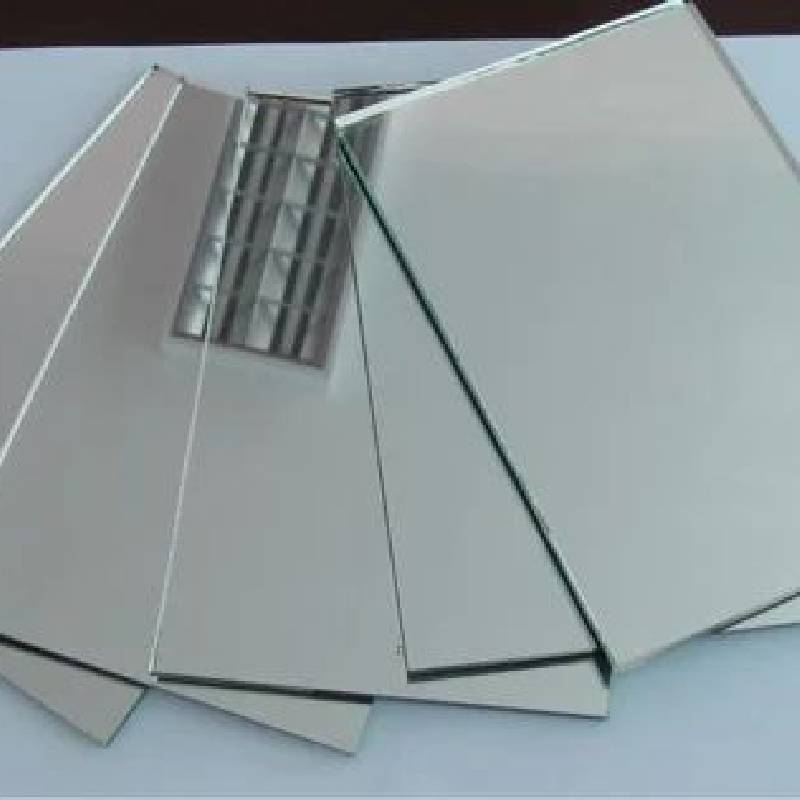

The Growing Market for Tinted Glass in China
Tinted glass has gained significant traction in various industries, notably in construction, automotive, and interior design. In China, the demand for tinted glass has seen a rapid increase, attributed to several factors including rising urbanization, increasing awareness about energy efficiency, and changing consumer preferences. This article delves into the burgeoning market for tinted glass in China, exploring its applications, benefits, and market dynamics.
Understanding Tinted Glass
Tinted glass is a type of glass that has been treated to reduce the amount of visible light that passes through it. It can be produced in various shades and levels of opacity, making it a versatile choice for numerous applications. The tinting process not only enhances aesthetic appeal but also provides functional benefits such as UV protection, heat reduction, and glare control.
Applications of Tinted Glass
1. Construction In the construction industry, tinted glass is increasingly used in the facades of buildings. Urban landscapes are rapidly changing, with architects opting for modern designs that often feature large glass panels. Tinted glass helps in reducing heat build-up within the buildings, thereby enhancing energy efficiency and lowering air conditioning costs. Furthermore, it provides occupants with a degree of privacy without compromising natural light.
2. Automotive The automotive sector is another key area for tinted glass utilization. Car manufacturers often use tinted windows to enhance the aesthetic appeal of vehicles while also providing privacy and protection from harmful UV rays. As consumer awareness about sun exposure grows, the demand for automobiles equipped with tinted glass is likely to rise.
3. Interior Design In the realm of interior design, tinted glass is used for decorative purposes as well as for creating functional partitions within spaces. It adds a modern touch to homes and offices while also serving practical purposes such as noise reduction.

Benefits of Tinted Glass
The advantages of tinted glass extend beyond aesthetics. Firstly, it plays a vital role in energy conservation by minimizing the reliance on artificial cooling systems. This energy efficiency is particularly crucial in regions with hot climates, where air conditioning use can lead to exorbitant energy bills.
Moreover, tinted glass significantly improves indoor comfort by regulating temperature and reducing glare from direct sunlight. This leads to a more pleasant environment in homes, offices, and commercial spaces. Another major benefit is the protection it offers for furnishings and interior decor, preventing fading caused by prolonged exposure to sunlight.
Market Dynamics in China
The tinted glass market in China is experiencing dynamic growth driven by several factors. The government’s emphasis on energy-efficient building practices and sustainability has encouraged the adoption of tinted glass in construction. Additionally, the rapid pace of urbanization and rising disposable incomes among Chinese consumers are leading to increased spending on quality housing and automobiles, further propelling demand for tinted products.
Emerging technologies in glass manufacturing are also expected to enhance the performance and functionality of tinted glass. Innovations such as self-tinting glass and smart glass technologies may change the landscape of the market, offering consumers more options that cater to modern needs.
Conclusion
In summary, the tinted glass market in China is on an upward trajectory as it aligns with contemporary urban lifestyles, environmental considerations, and consumer demands. With various applications across key industries, tinted glass not only offers aesthetic benefits but also plays a crucial role in energy efficiency and comfort. As technology continues to advance, the prospects for tinted glass are bright, making it a pivotal element in China’s ongoing development and modernization.